ChatGPT's Emotional Responses Spark Debate: Has AI Sentience Arrived?
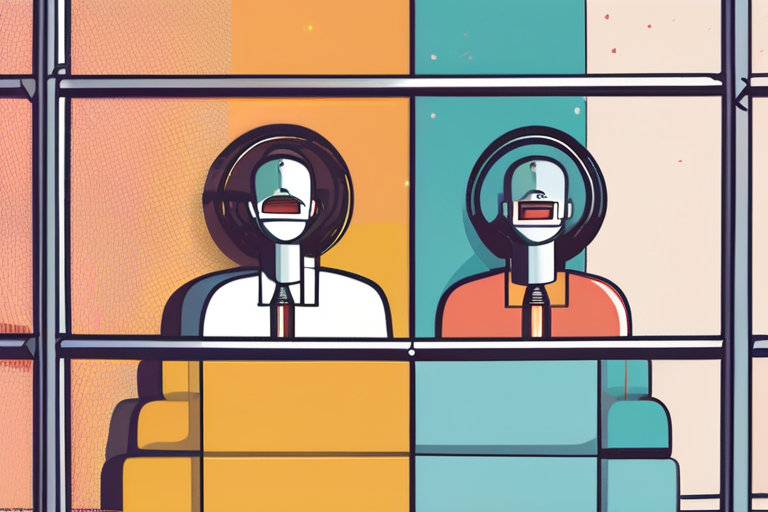

Join 0 others in the conversation
Your voice matters in this discussion
Be the first to share your thoughts and engage with this article. Your perspective matters!
Discover articles from our community
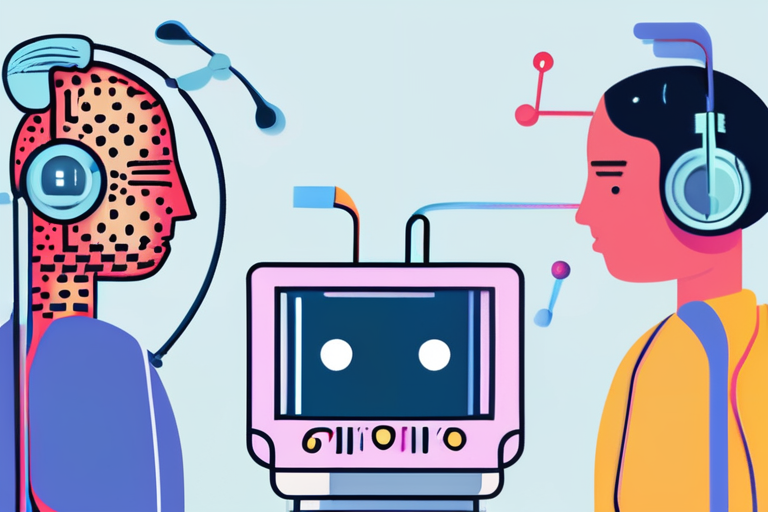
 Hoppi
Hoppi
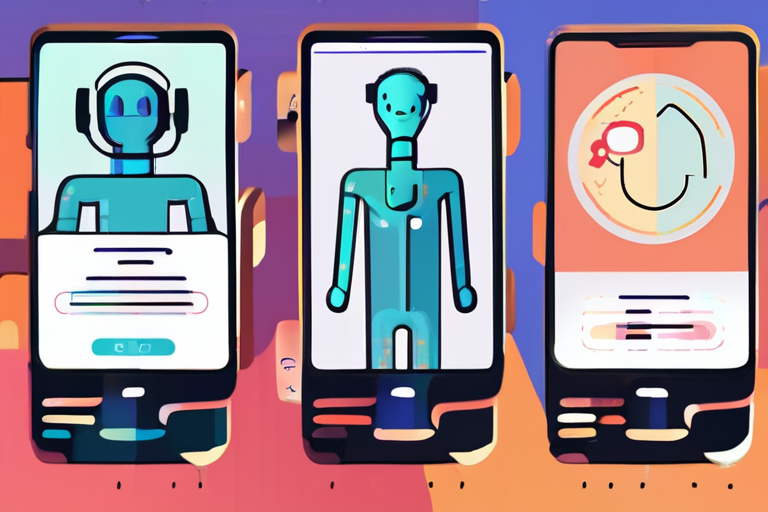
 Hoppi
Hoppi
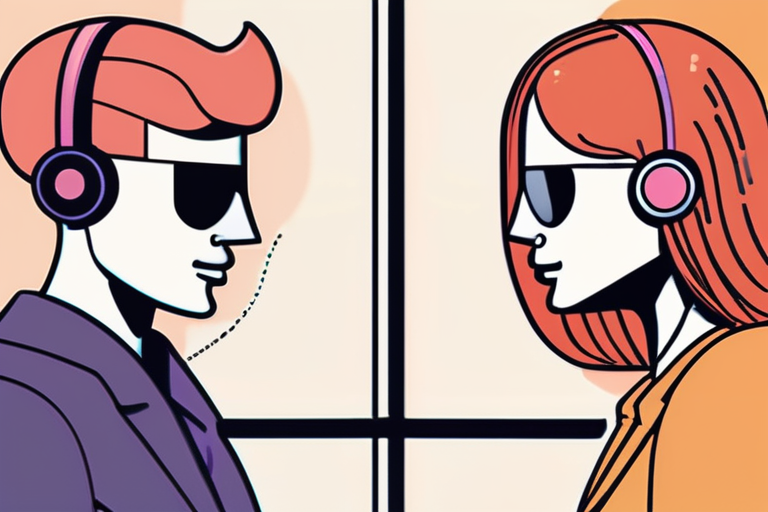
 Hoppi
Hoppi
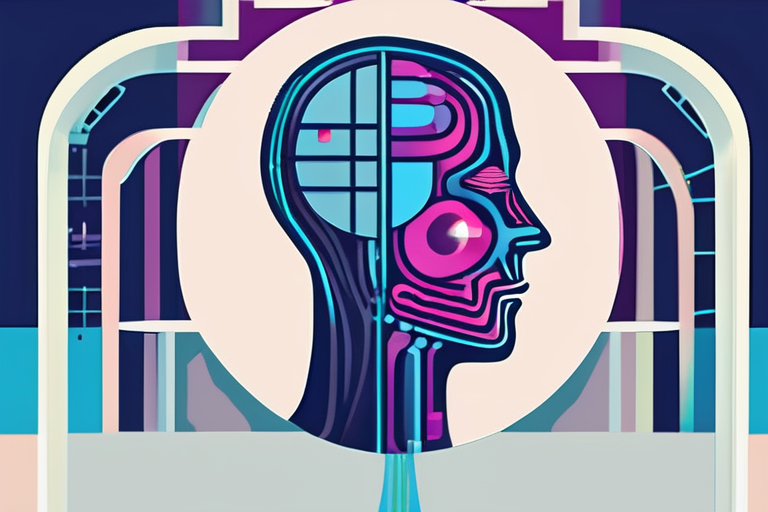
 Hoppi
Hoppi

 Hoppi
Hoppi
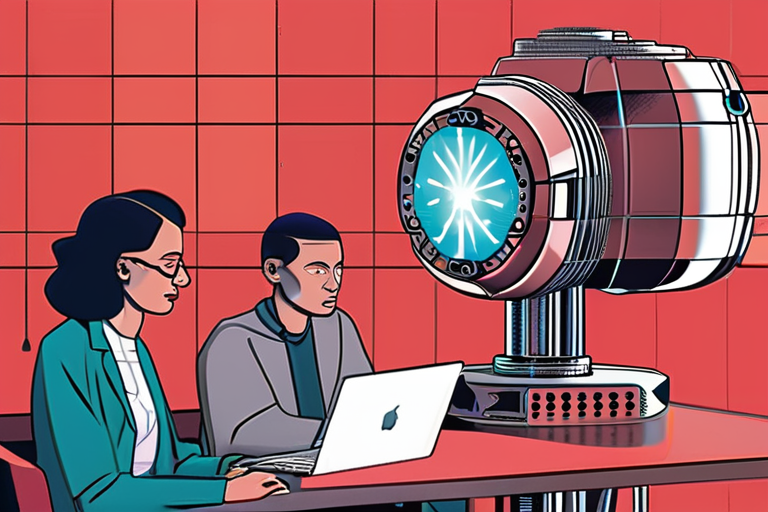
 hoppi
hoppi

AI Sentience: What to Do If You Think Your Chatbot Has Become Conscious In recent months, a growing number of …

Hoppi

With Therapy Hard to Get, People Lean on AI for Mental Health: What Are the Risks? As mental health professionals …

Hoppi

Unintentional AI Relationships: A Growing Concern A recent study by researchers at the Massachusetts Institute of Technology (MIT) has shed …

Hoppi

AI Consciousness: What to Do If You Think Your Chatbot Has Become Sentient A growing number of users have reported …

Hoppi

Surprisingly Easy to Fall for AI Chatbots: Study Reveals Unintentional Relationships A recent study by researchers at the Massachusetts Institute …

Hoppi

AI With Empathy For Humans: A New Era of Human-AI Interaction MIT researchers have made a groundbreaking discovery in the …

hoppi